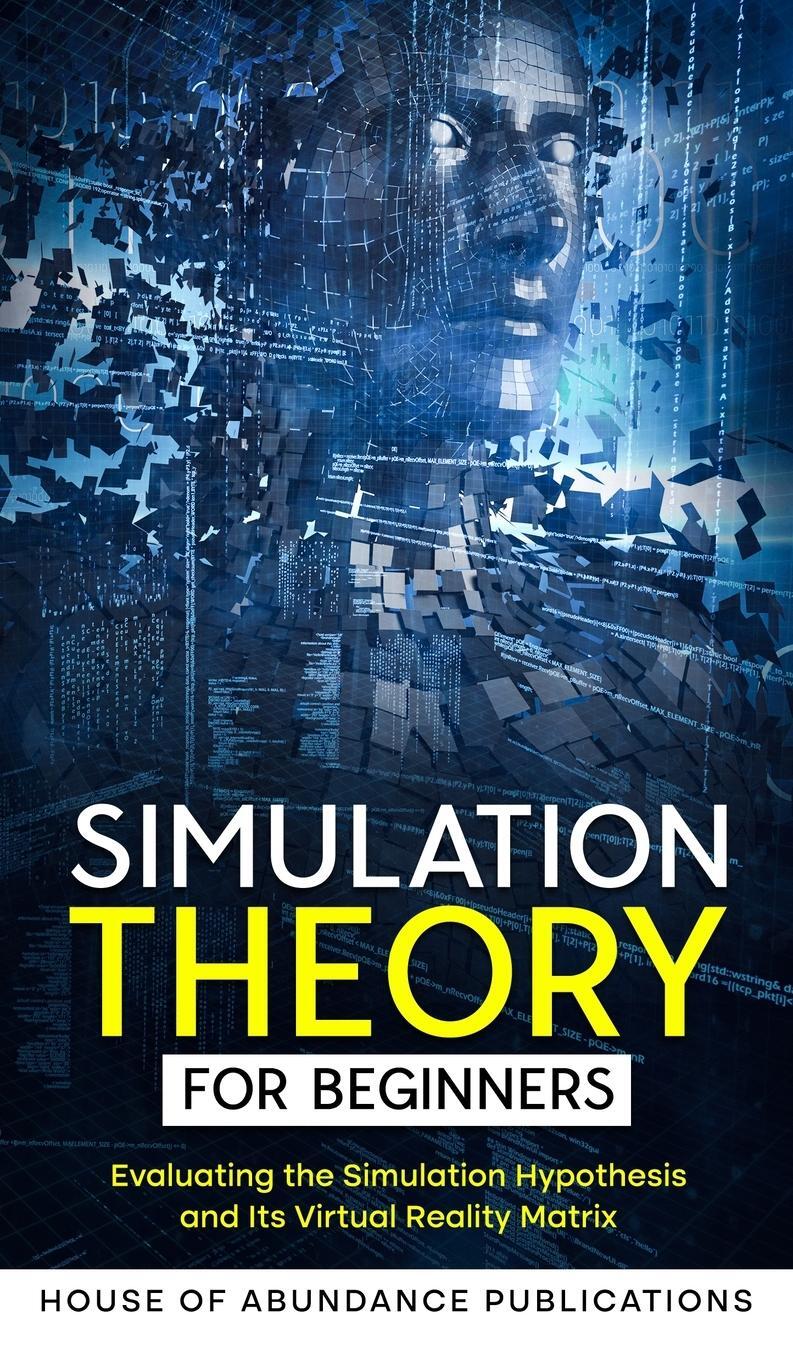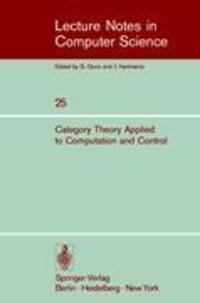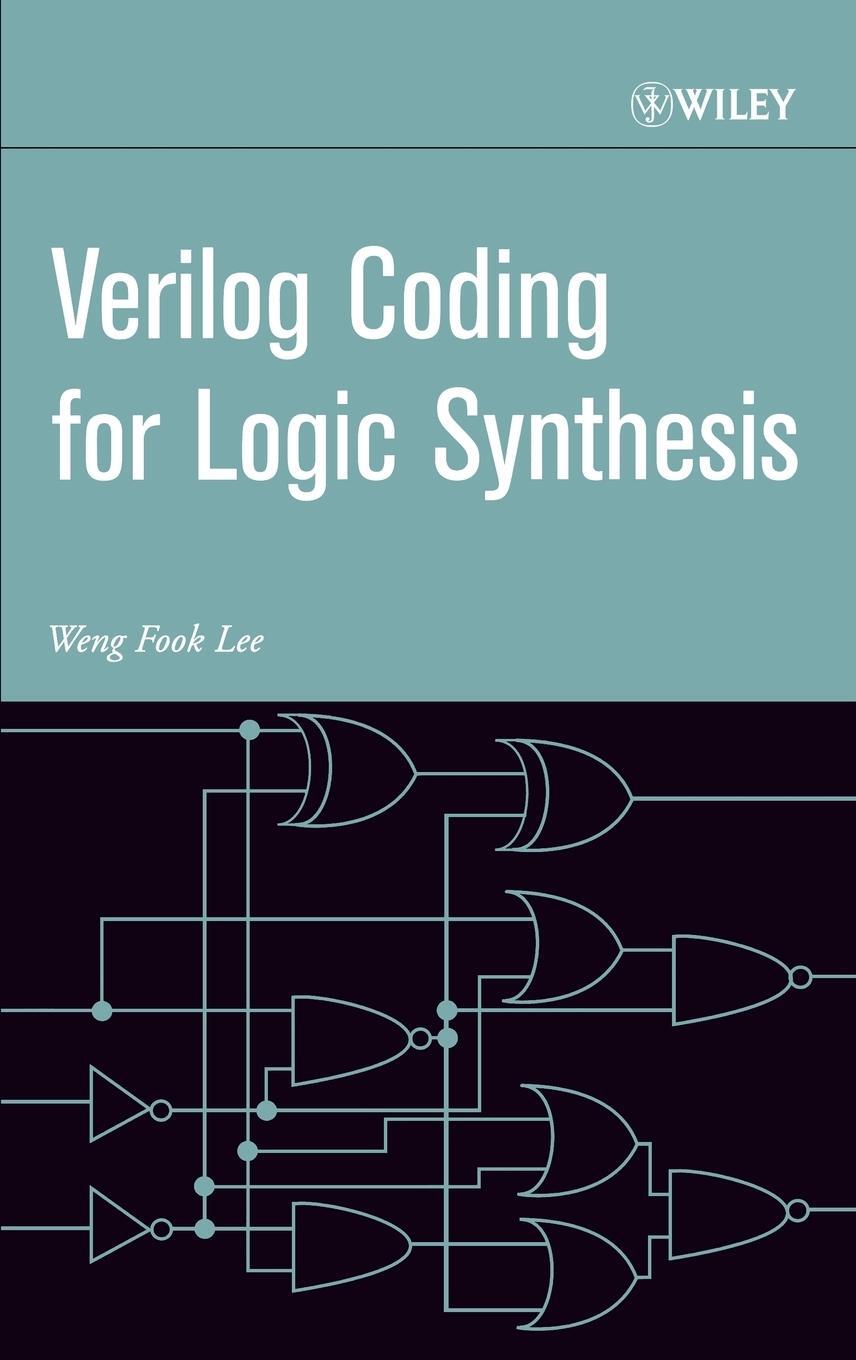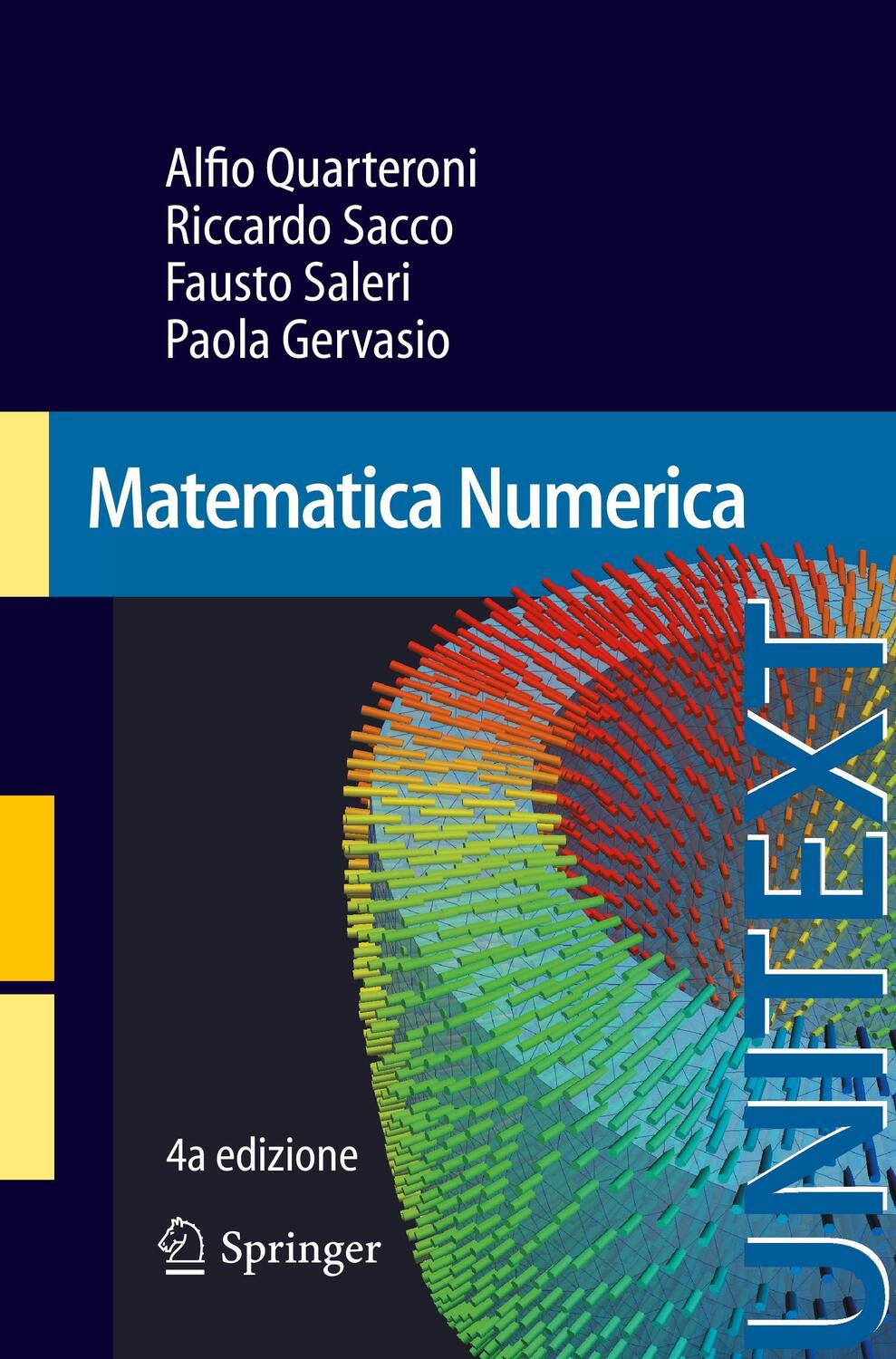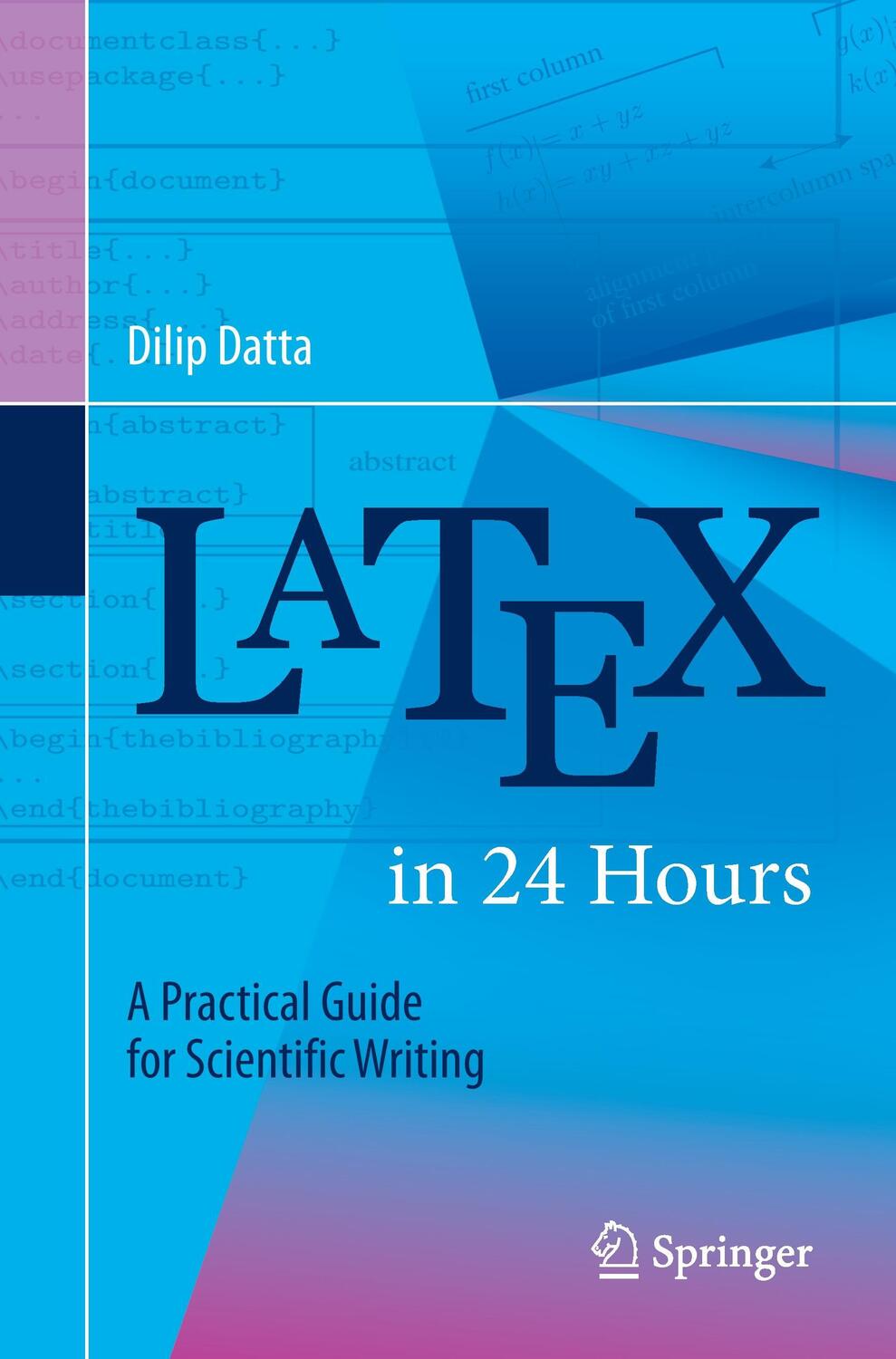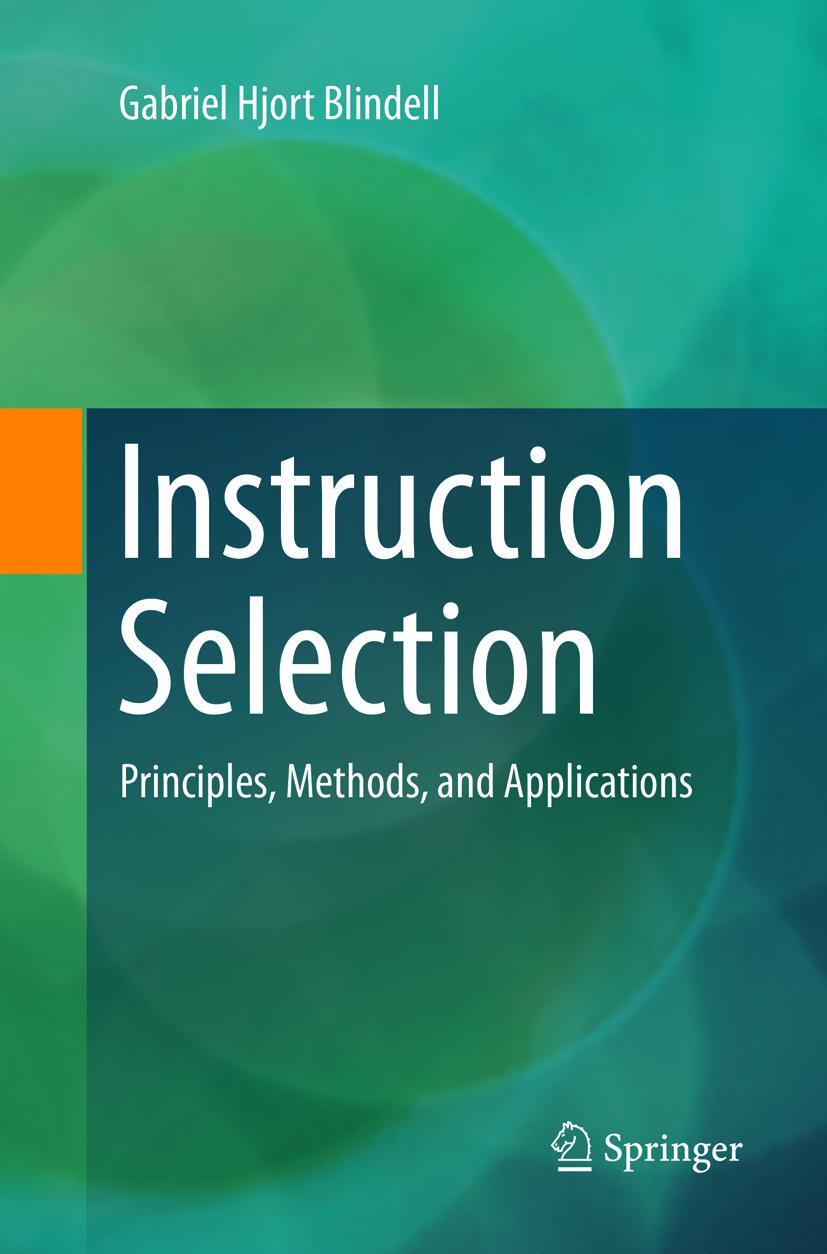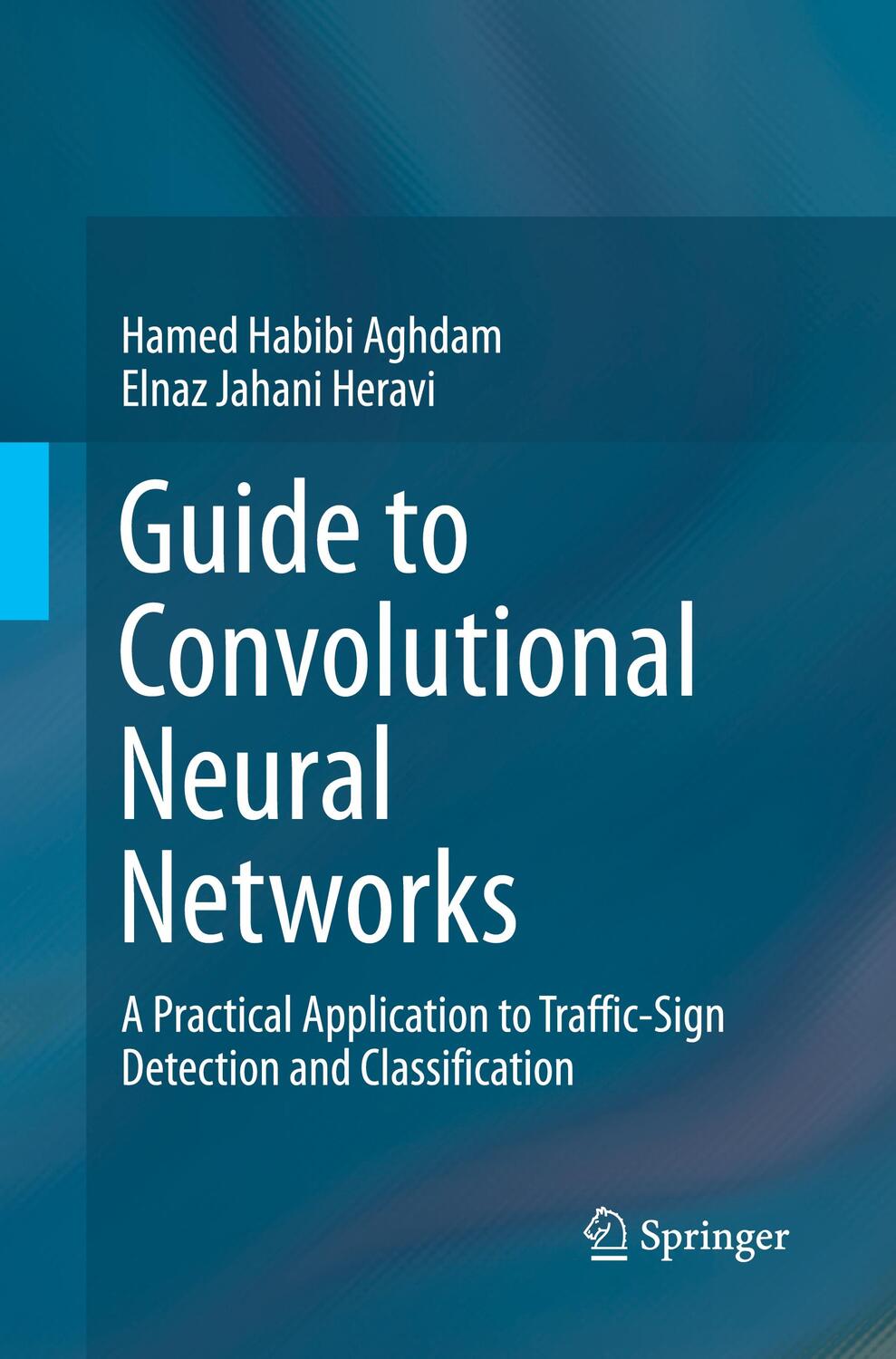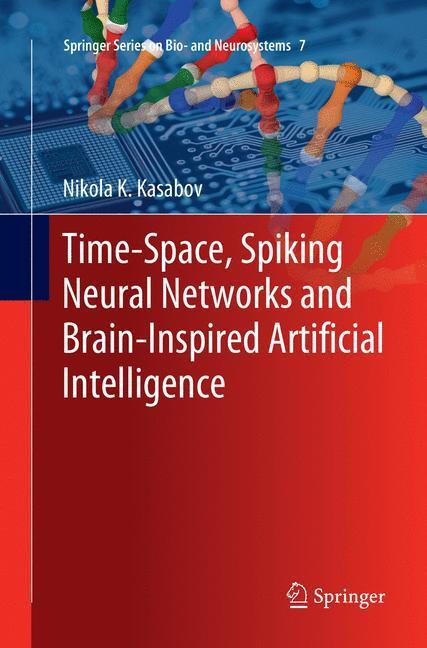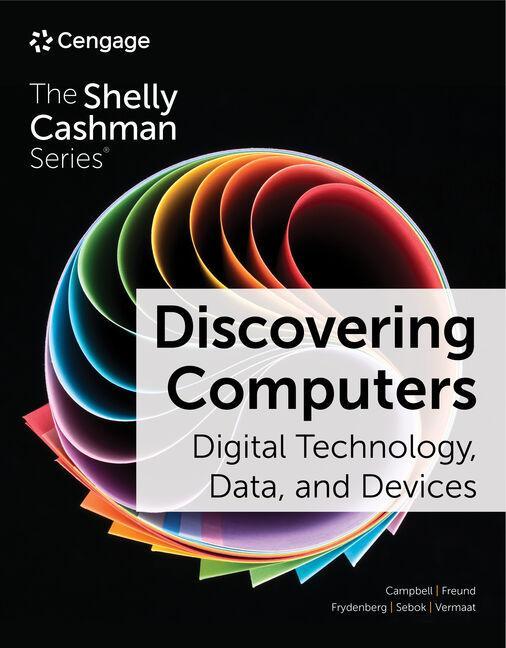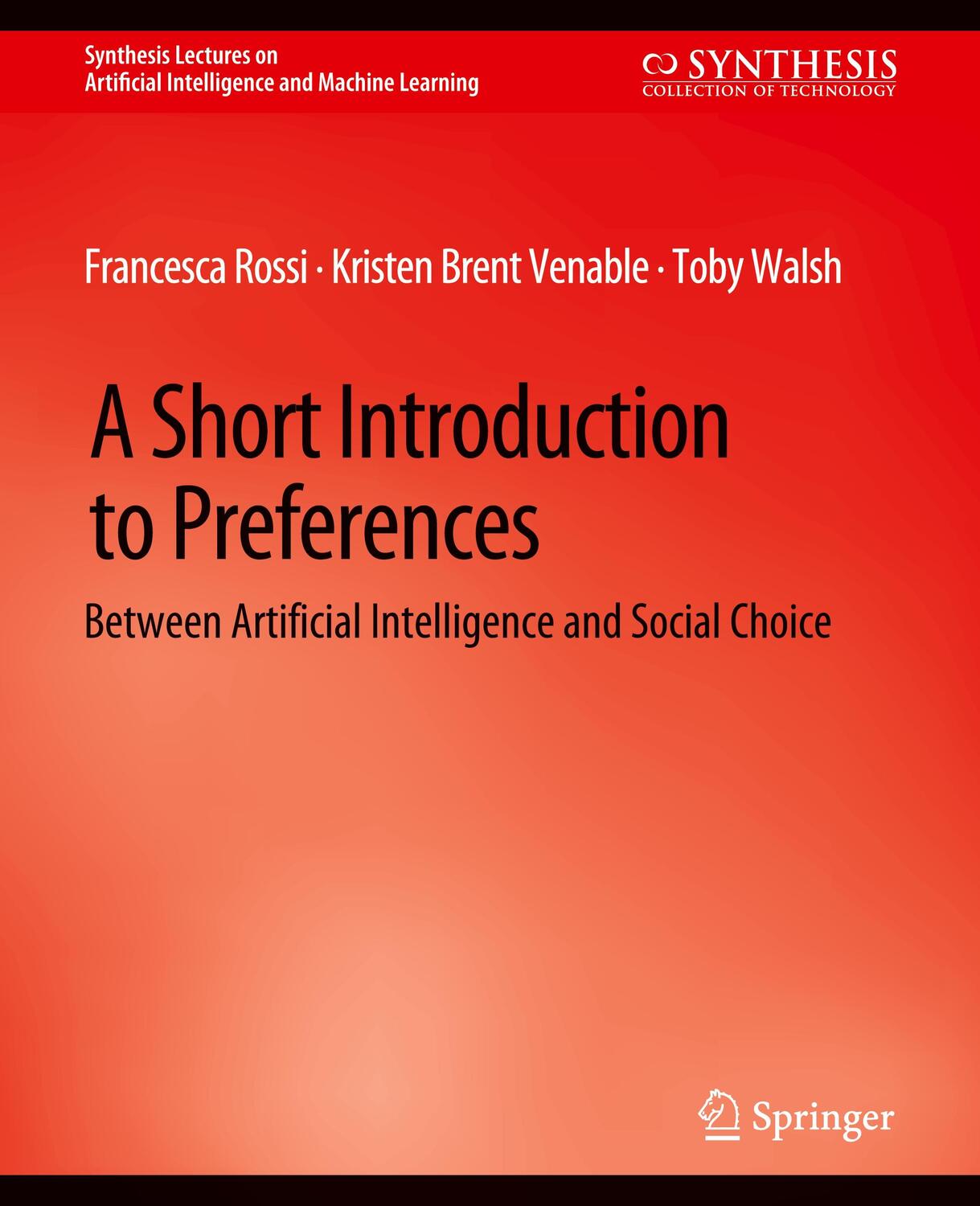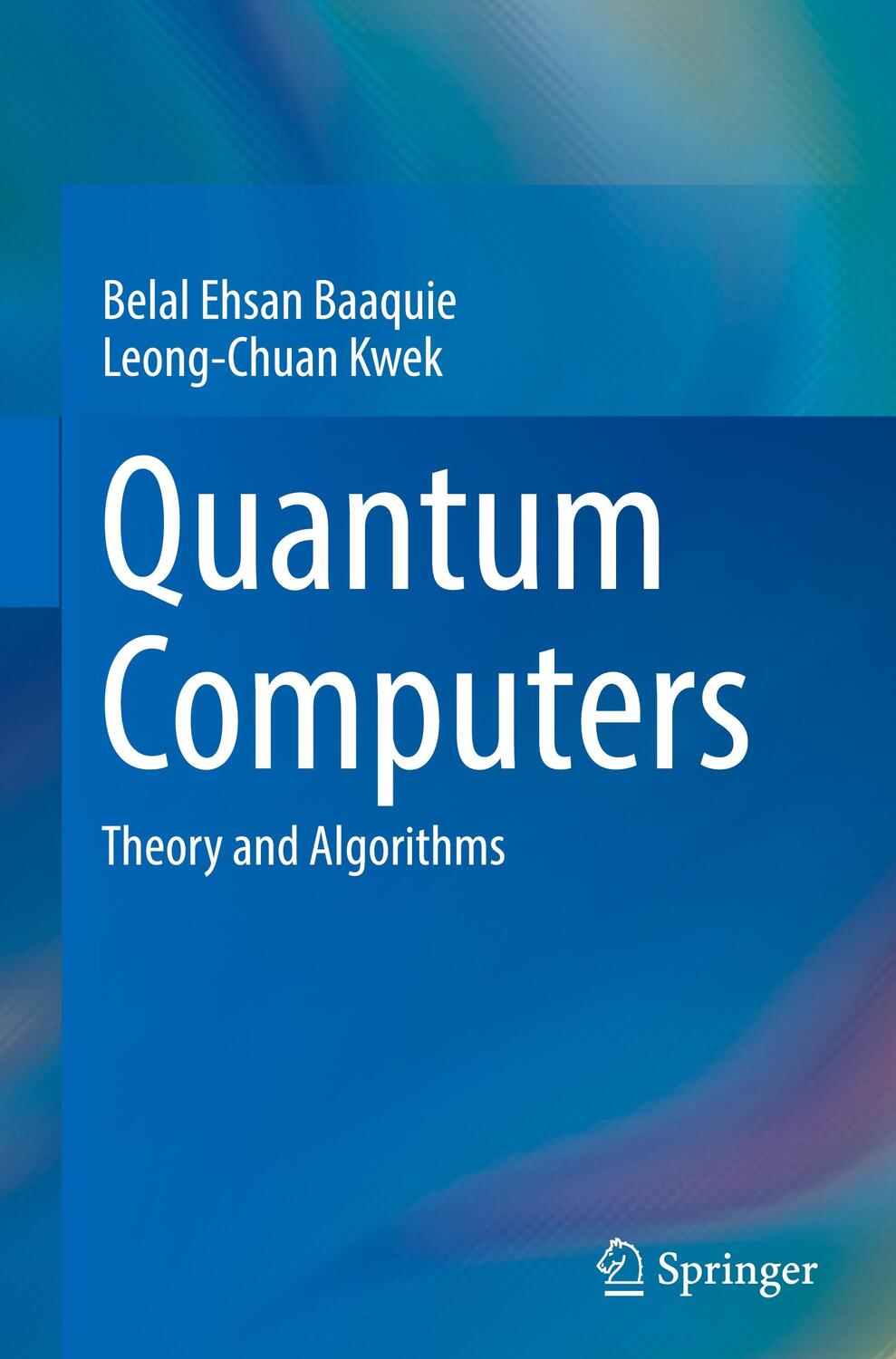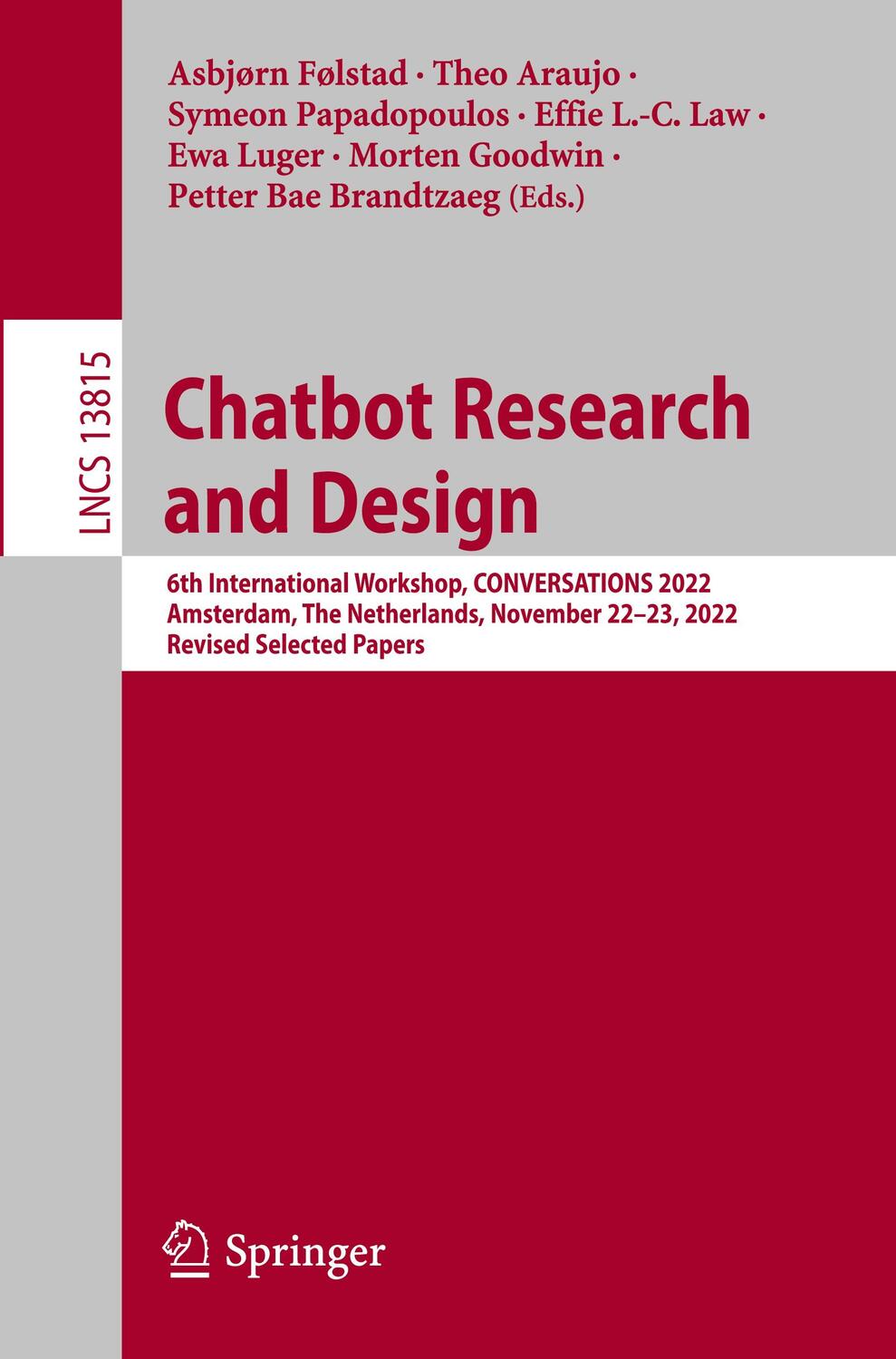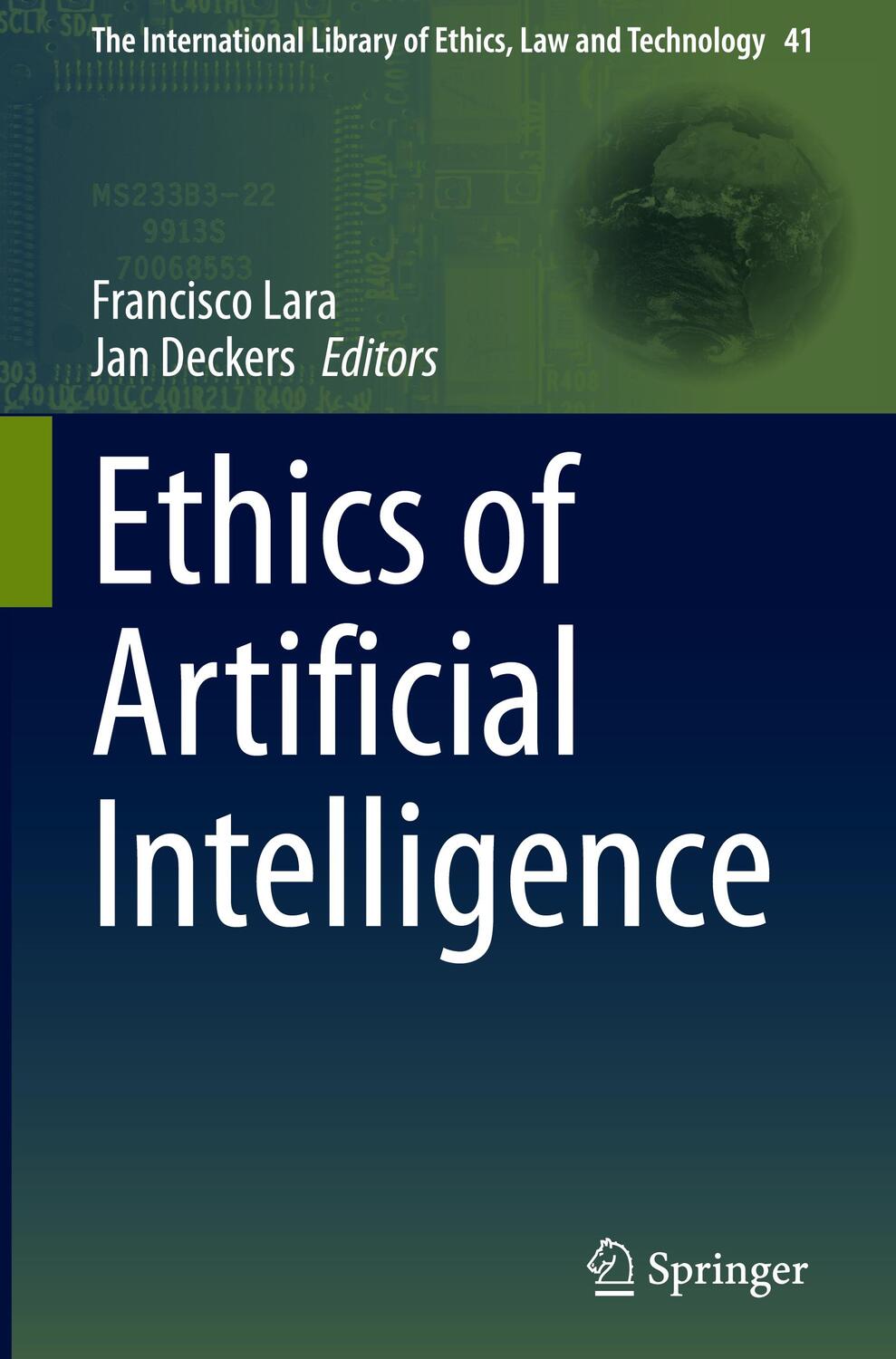Dekorationsartikel gehören nicht zum Leistungsumfang.
Sprache:
Englisch
15,25 €*
Versandkostenfrei per Post / DHL
Lieferzeit 2-3 Wochen
Kategorien:
Beschreibung
What if everything you know and experience is nothing more than an incredibly sophisticated computer simulation? This fascinating question has captivated philosophers and scientists for decades and is known as simulation theory or the simulation hypothesis. In clear and accessible language, this book introduces readers to simulation theory and guides them through this compelling concept that we may be living in an advanced virtual reality world.
The book explains simulation theory in depth, covering historical context and philosophical underpinnings while evaluating arguments for and against the possibility that a more advanced posthuman civilization has modeled our reality. It explores variations like ancestor simulations, Matrix-like simulations, and quantum simulations. With an emphasis on the scientific angle, the book discusses quantum physics experiments that challenge our assumptions about reality and tackles existential implications like free will and meaning in a simulated world.
Approachable even for complete beginners, the book breaks down complex ideas around physics, metaphysics, technology, and artificial intelligence as they relate to the simulation concept. Examples and analogies make the theory easy to follow for general readers. The book also analyzes competing philosophies from luminaries like Nick Bostrom, Elon Musk, and Neil deGrasse Tyson regarding the probability that we exist inside an intricate simulation.
Other topics covered include:
¿ Philosophical "brains in vats" thought experiments
¿ The evolution of video game graphics as analogs for simulated reality
¿ Similarities between simulation theory and religion/mythology
¿ Potential flaws or logical inconsistencies in the argument
¿ Proposed methods for testing or detecting the simulation
While concepts introduced spark profound questions about the fundamental nature of reality, the book maintains an engaging, conversational tone rather than overwhelming readers with existential dread. Those fascinated by technology, metaphysics, science fiction concepts, and open-minded theories about the mysteries of the universe will find this book captivating. It stretches the imagination while reviewing evidence and logic chains that shockingly make the simulation hypothesis challenging to rule out.
The book explains simulation theory in depth, covering historical context and philosophical underpinnings while evaluating arguments for and against the possibility that a more advanced posthuman civilization has modeled our reality. It explores variations like ancestor simulations, Matrix-like simulations, and quantum simulations. With an emphasis on the scientific angle, the book discusses quantum physics experiments that challenge our assumptions about reality and tackles existential implications like free will and meaning in a simulated world.
Approachable even for complete beginners, the book breaks down complex ideas around physics, metaphysics, technology, and artificial intelligence as they relate to the simulation concept. Examples and analogies make the theory easy to follow for general readers. The book also analyzes competing philosophies from luminaries like Nick Bostrom, Elon Musk, and Neil deGrasse Tyson regarding the probability that we exist inside an intricate simulation.
Other topics covered include:
¿ Philosophical "brains in vats" thought experiments
¿ The evolution of video game graphics as analogs for simulated reality
¿ Similarities between simulation theory and religion/mythology
¿ Potential flaws or logical inconsistencies in the argument
¿ Proposed methods for testing or detecting the simulation
While concepts introduced spark profound questions about the fundamental nature of reality, the book maintains an engaging, conversational tone rather than overwhelming readers with existential dread. Those fascinated by technology, metaphysics, science fiction concepts, and open-minded theories about the mysteries of the universe will find this book captivating. It stretches the imagination while reviewing evidence and logic chains that shockingly make the simulation hypothesis challenging to rule out.
What if everything you know and experience is nothing more than an incredibly sophisticated computer simulation? This fascinating question has captivated philosophers and scientists for decades and is known as simulation theory or the simulation hypothesis. In clear and accessible language, this book introduces readers to simulation theory and guides them through this compelling concept that we may be living in an advanced virtual reality world.
The book explains simulation theory in depth, covering historical context and philosophical underpinnings while evaluating arguments for and against the possibility that a more advanced posthuman civilization has modeled our reality. It explores variations like ancestor simulations, Matrix-like simulations, and quantum simulations. With an emphasis on the scientific angle, the book discusses quantum physics experiments that challenge our assumptions about reality and tackles existential implications like free will and meaning in a simulated world.
Approachable even for complete beginners, the book breaks down complex ideas around physics, metaphysics, technology, and artificial intelligence as they relate to the simulation concept. Examples and analogies make the theory easy to follow for general readers. The book also analyzes competing philosophies from luminaries like Nick Bostrom, Elon Musk, and Neil deGrasse Tyson regarding the probability that we exist inside an intricate simulation.
Other topics covered include:
¿ Philosophical "brains in vats" thought experiments
¿ The evolution of video game graphics as analogs for simulated reality
¿ Similarities between simulation theory and religion/mythology
¿ Potential flaws or logical inconsistencies in the argument
¿ Proposed methods for testing or detecting the simulation
While concepts introduced spark profound questions about the fundamental nature of reality, the book maintains an engaging, conversational tone rather than overwhelming readers with existential dread. Those fascinated by technology, metaphysics, science fiction concepts, and open-minded theories about the mysteries of the universe will find this book captivating. It stretches the imagination while reviewing evidence and logic chains that shockingly make the simulation hypothesis challenging to rule out.
The book explains simulation theory in depth, covering historical context and philosophical underpinnings while evaluating arguments for and against the possibility that a more advanced posthuman civilization has modeled our reality. It explores variations like ancestor simulations, Matrix-like simulations, and quantum simulations. With an emphasis on the scientific angle, the book discusses quantum physics experiments that challenge our assumptions about reality and tackles existential implications like free will and meaning in a simulated world.
Approachable even for complete beginners, the book breaks down complex ideas around physics, metaphysics, technology, and artificial intelligence as they relate to the simulation concept. Examples and analogies make the theory easy to follow for general readers. The book also analyzes competing philosophies from luminaries like Nick Bostrom, Elon Musk, and Neil deGrasse Tyson regarding the probability that we exist inside an intricate simulation.
Other topics covered include:
¿ Philosophical "brains in vats" thought experiments
¿ The evolution of video game graphics as analogs for simulated reality
¿ Similarities between simulation theory and religion/mythology
¿ Potential flaws or logical inconsistencies in the argument
¿ Proposed methods for testing or detecting the simulation
While concepts introduced spark profound questions about the fundamental nature of reality, the book maintains an engaging, conversational tone rather than overwhelming readers with existential dread. Those fascinated by technology, metaphysics, science fiction concepts, and open-minded theories about the mysteries of the universe will find this book captivating. It stretches the imagination while reviewing evidence and logic chains that shockingly make the simulation hypothesis challenging to rule out.
Details
| Erscheinungsjahr: | 2023 |
|---|---|
| Genre: | Informatik |
| Rubrik: | Naturwissenschaften & Technik |
| Medium: | Buch |
| Seiten: | 88 |
| ISBN-13: | 9781962254137 |
| ISBN-10: | 1962254135 |
| Sprache: | Englisch |
| Ausstattung / Beilage: | HC gerader Rücken kaschiert |
| Einband: | Gebunden |
| Autor: | House of Abundance Publications |
| Hersteller: | House of Abundance Publications |
| Maße: | 209 x 132 x 9 mm |
| Von/Mit: | House of Abundance Publications |
| Erscheinungsdatum: | 29.10.2023 |
| Gewicht: | 0,198 kg |
Details
| Erscheinungsjahr: | 2023 |
|---|---|
| Genre: | Informatik |
| Rubrik: | Naturwissenschaften & Technik |
| Medium: | Buch |
| Seiten: | 88 |
| ISBN-13: | 9781962254137 |
| ISBN-10: | 1962254135 |
| Sprache: | Englisch |
| Ausstattung / Beilage: | HC gerader Rücken kaschiert |
| Einband: | Gebunden |
| Autor: | House of Abundance Publications |
| Hersteller: | House of Abundance Publications |
| Maße: | 209 x 132 x 9 mm |
| Von/Mit: | House of Abundance Publications |
| Erscheinungsdatum: | 29.10.2023 |
| Gewicht: | 0,198 kg |
Warnhinweis

